Exploring local customs offers a fascinating window into the soul of a community, revealing the unique practices and beliefs that shape daily life. From vibrant festivals to everyday rituals, local customs are the threads that weave together the tapestry of culture, reflecting history, values, and traditions. Understanding these customs not only enriches our travels but also fosters a deeper connection with the places we visit. Whether through observing rituals, participating in celebrations, or simply immersing ourselves in the local way of life, exploring customs allows us to appreciate the richness of human diversity. This journey into local customs invites us to respect and celebrate the uniqueness of cultures, whether they are ours or those of others.
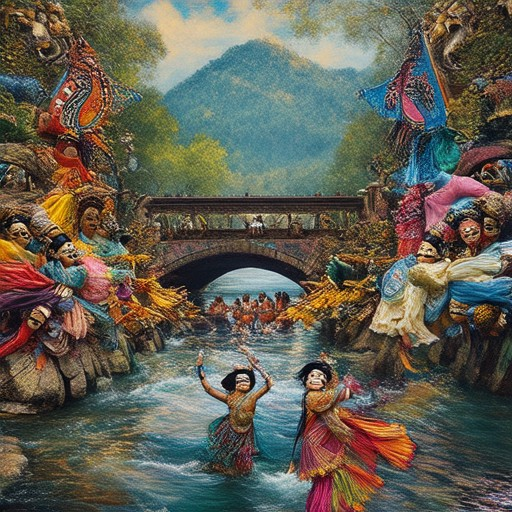
Local Customs Examples
Local customs are unique traditions or practices observed in specific regions or communities. These customs often reflect the cultural identity, history, and values of the people who observe them. Below are some examples of local customs:
- Greetings and Etiquette: In many cultures, locals greet each other with specific phrases or gestures. For instance, in Japan, people bow deeply as a sign of respect, while in some Mediterranean countries, people commonly exchange kisses on the cheek.
- Traditional Attire: Certain regions have distinct traditional clothing worn during festivals or daily life. For example, in India, women in certain southern states wear sarees with elaborate designs and jewelry for special occasions.
- Festivals and Celebrations: Local festivals often showcase unique customs. Germany has Oktoberfest, a massive beer festival held annually in September. Thailand celebrates Songkran Festival, where people throw water to symbolize purification and joy.
- Food and Diet Restrictions: Some regions have specific dietary habits based on cultural or religious beliefs. For example, in certain parts of India, people might eat vegetarian meals on specific days of the week due to religious observances.
- Home Decor and Lifestyle: Local customs can influence how homes are decorated and how families live. In Sweden, it’s common to have Christmas lights and decorations displayed well before December, as the country celebrates Santa Lucia in late November.
- Work and Social Norms: In some cultures, work practices differ significantly. For example, in Japan, employees often work long hours and have strict workplace norms, while in some Latin American countries, people value family and community gatherings highly.
These examples highlight the rich diversity of local customs around the world, showcasing how different cultures shape their daily lives and celebrations.
Why Are Local Customs Important?
Local customs play a vital role in shaping communities, fostering connections, and preserving cultural heritage. Here’s a breakdown of their significance:
- Building Community Identity :
Local customs are often the backbone of community identity. They bring people together, creating a sense of belonging and unity. Participating in these customs helps individuals feel connected to their surroundings and fosters a strong sense of place. - Facilitating Social Interactions :
Understanding and respecting local customs is essential for smooth social interactions. Whether it’s greeting people a certain way, following specific etiquette, or participating in traditional events, these customs ensure harmonious relationships within the community. - Preserving Cultural Heritage :
Customs are carriers of cultural heritage, reflecting the history, values, and beliefs of a region. By valuing and maintaining these traditions, we preserve our cultural identity and ensure the transmission of heritage to future generations. - Boosting Tourism and Economy :
Many local customs become attractions for tourists, contributing to the local economy. Festivals, traditional markets, and unique local practices offer authentic cultural experiences, drawing visitors and supporting local businesses. - Promoting Psychological Well-being :
Engaging in local customs can enhance mental health by reducing feelings of isolation and loneliness. Shared traditions create a sense of security and belonging, which can alleviate stress and improve overall well-being. - Encouraging Reflection and Progress :
While customs are valuable, they must also be evaluated for their relevance and ethical alignment. Critical examination can lead to meaningful change, driving societal progress while preserving what truly matters.
In essence, local customs are integral to community life, cultural preservation, economic vitality, and individual well-being. They invite us to reflect on our heritage while embracing the potential for positive transformation.
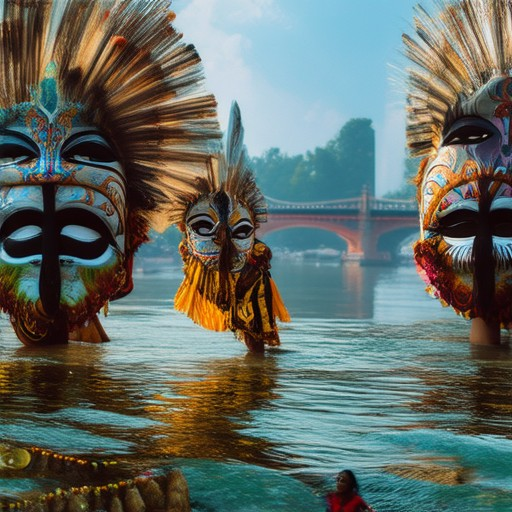
How to Experience Local Culture While Traveling
Experiencing local culture while traveling involves more than just sightseeing. It’s about connecting with the people, traditions, and stories behind the places you visit. Here are some effective ways to immerse yourself in the local culture:
- Engage with Locals: One of the best ways to experience local culture is by interacting with the people who live there. Attend local gatherings, festivals, or community events. Use language apps to connect with locals and learn about their daily life and traditions.
- Participate in Traditional Activities: Immerse yourself in activities that locals enjoy. Try your hand at traditional crafts, dance, or music. Many destinations offer workshops or classes where you can learn these skills firsthand.
- Explore Hidden Gems: Don’t just stick to the tourist hotspots. Take time to discover lesser-known neighborhoods, local markets, and hidden treasures. These places often offer unique insights into the culture and lifestyle of the area.
- Respect Local Customs: Learning about and respecting local customs is crucial. From clothing norms to dining etiquette, understanding these practices will help you feel more integrated and appreciated during your stay.
- Support Local Businesses: Whenever possible, choose locally-owned shops, restaurants, and services. This not only supports the economy but also helps preserve traditional practices and craftsmanship.
In addition to these tips, consider visiting our cultural immersion tips page for more detailed guidance. By taking these steps, you’ll not only enrich your travel experience but also leave a positive impact on the communities you visit.

Exploring My Culture
Exploring my culture means diving deep into the unique traditions, beliefs, values, and practices that define my identity. It’s about uncovering the historical background, customs, and social norms that shape who I am. This journey often begins with curiosity about my roots and a desire to connect with others who share similar heritage.
Cultural exploration can take many forms. It might involve studying historical texts, attending local festivals, learning a language, or participating in traditional rituals. Each activity offers a window into the soul of my culture, helping me appreciate its richness and complexity.
However, this exploration isn’t just about the past. It’s also about understanding how cultural practices have evolved in the present day. Engaging with media, art, and technology that reflects or influences cultural expression provides insight into contemporary issues and shifts in tradition.
Through this process, I’ve discovered the importance of reflection. Examining my personal experiences alongside cultural practices has sometimes revealed uncomfortable truths about myself or my community. Yet, these moments of introspection have deepened my sense of belonging and identity.
Ultimately, exploring my culture has been a transformative experience. It has enhanced my communication skills, fostered empathy, and encouraged me to become a more active participant in my community. By supporting cultural preservation and embracing innovation, I’ve found a renewed sense of purpose and contribution to the world around me.
Why is it important to explore your culture?
Exploring your culture is essential for various reasons, each contributing to personal and societal well-being. Here’s a breakdown of its significance:
- Self-Awareness : Understanding your cultural background provides insight into your identity, values, and beliefs. This awareness fosters a stronger sense of self and confidence in navigating life’s challenges.
- Empathy Development : By exploring diverse customs and perspectives, you cultivate empathy, enabling meaningful interactions with individuals from different backgrounds.
- Problem-Solving Skills : Exposure to varied cultural approaches equips you with innovative solutions, enhancing adaptability in a globalized world.
- Personal Growth : Engaging with different traditions and practices broadens your worldview, fostering openness and resilience.
- Community Connection : Deepening your understanding of your heritage strengthens familial and communal bonds, promoting a sense of responsibility and pride in preserving cultural legacy.
- Lifelong Learning : The journey of cultural exploration keeps your mind engaged and curious, driving continuous intellectual and emotional development.
Each aspect collectively enriches your life, making cultural exploration a valuable endeavor.
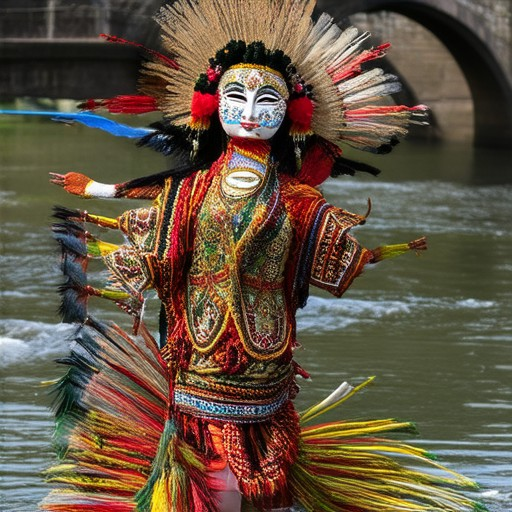
Cultural Exploitation Explained
Cultural exploitation refers to the unfair or inappropriate use of cultural elements, traditions, or intellectual property for personal or commercial gain, often at the detriment of the original culture or community.
Key Points
- Definition: Cultural exploitation occurs when cultural symbols, artifacts, or practices are taken advantage of without respect or permission, leading to harm or misrepresentation of the culture involved.
- Examples: Appropriative media, commercialization of traditional art, and the use of cultural stereotypes in marketing or entertainment without proper context or consent.
- Consequences: Includes the dilution of authentic cultural expression, perpetuation of harmful stereotypes, and economic exploitation of marginalized communities.
Recognizing Cultural Exploitation
- Unfair use of cultural symbols or icons without permission.
- Misrepresentation of cultural practices in media or advertising.
- Excessive commercialization of traditional goods or knowledge.
Solutions and Best Practices
- Promote cross-cultural collaboration through respectful partnerships and licensing agreements.
- Educate audiences about the importance of cultural rights and intellectual property.
- Advocate for policies that protect indigenous and local cultures from exploitation.
Conclusion
Cultural exploitation is a serious issue that requires attention from individuals, businesses, and policymakers. By fostering understanding and respecting cultural heritage, we can work towards a more inclusive and respectful world.

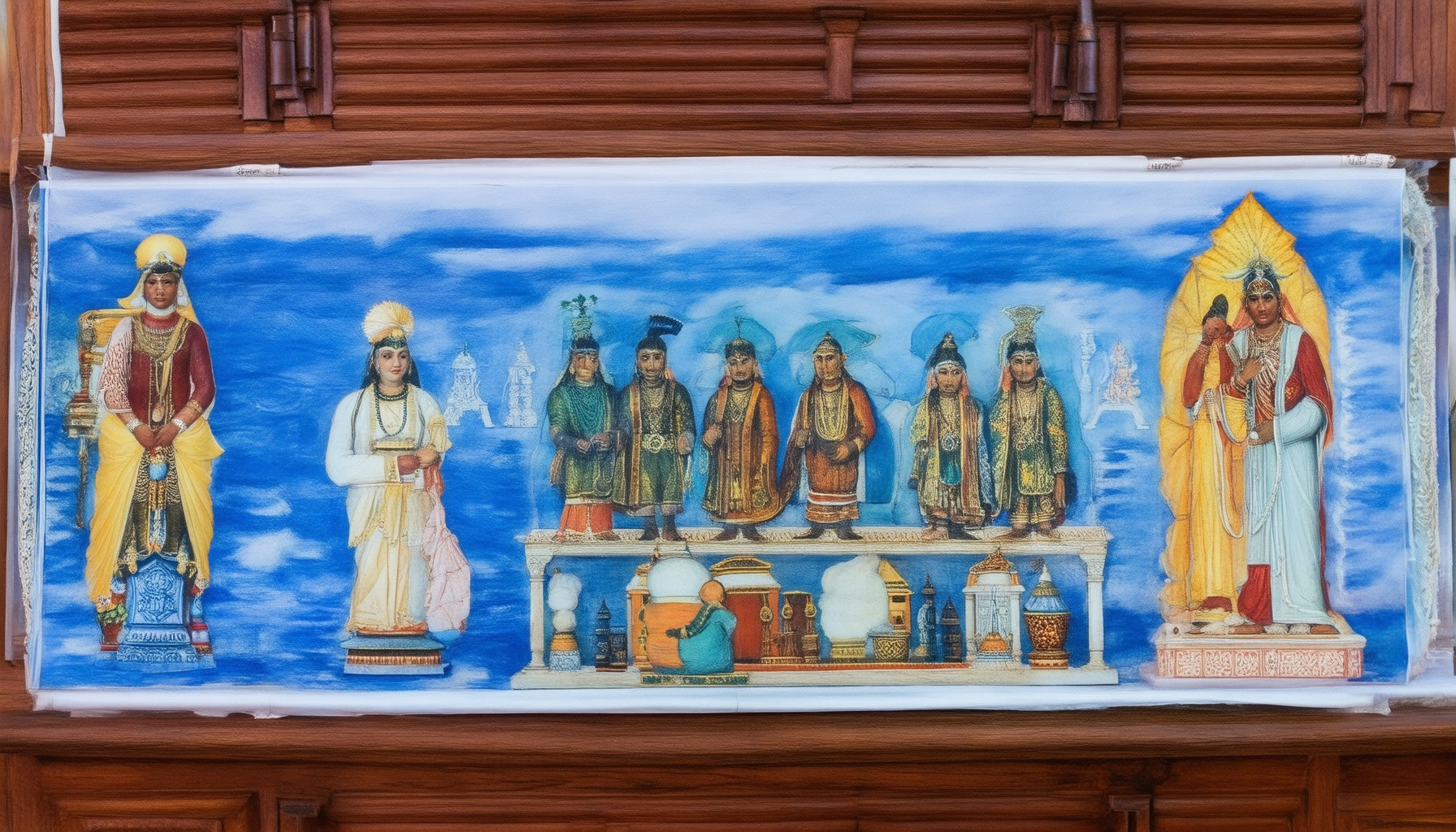

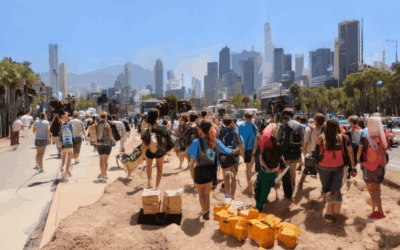

0 Comments